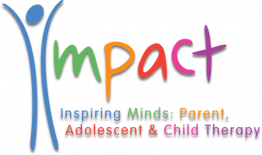
Research
Impact has long recognised the need to look for more meaningful ways of depicting change in the families and young people we work with. In addition to the quantitative information we collect, we have also worked in partnership with Dynamic Environments (Huddersfield University) to undertake a number of qualitative research projects, a snapshot of the outcomes are as follows:

